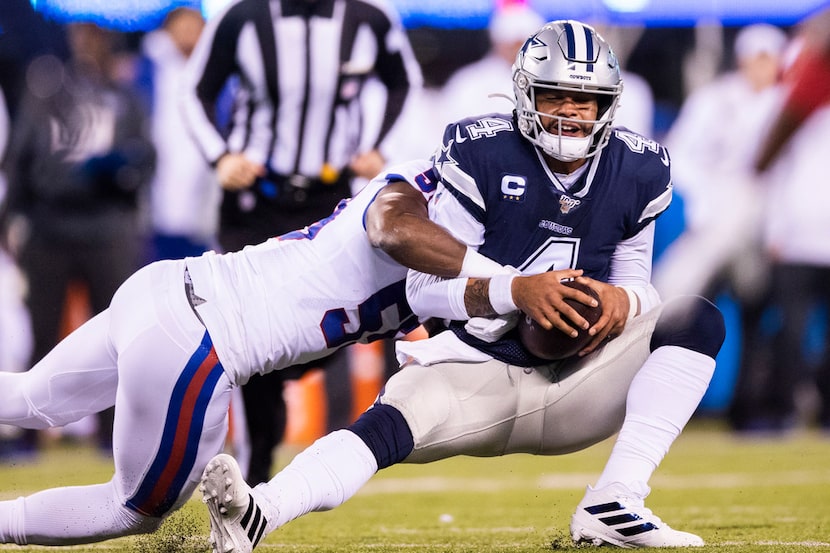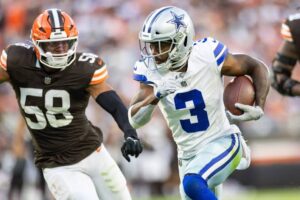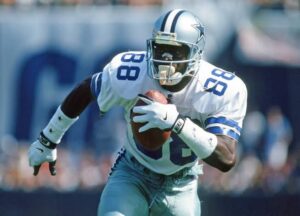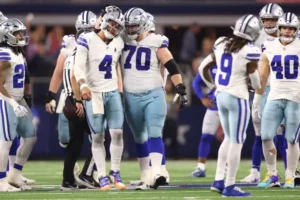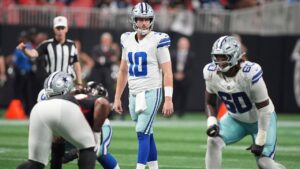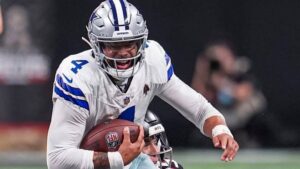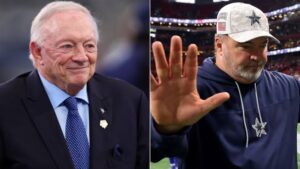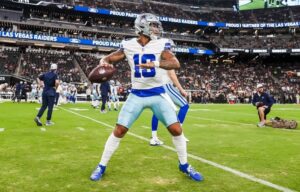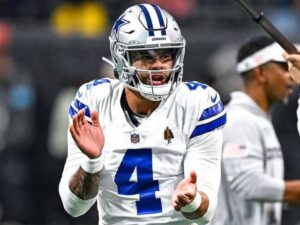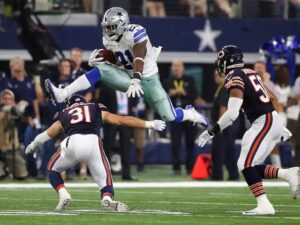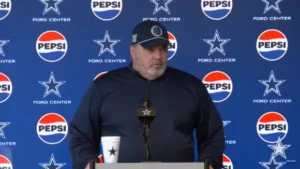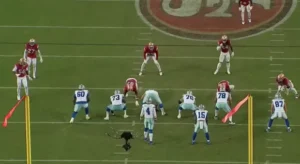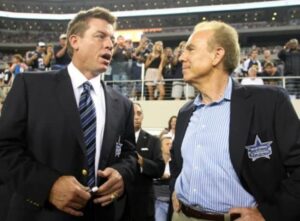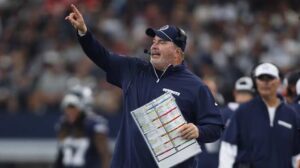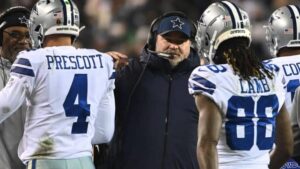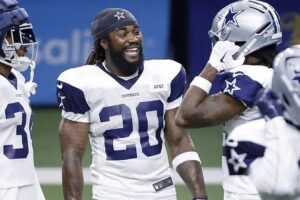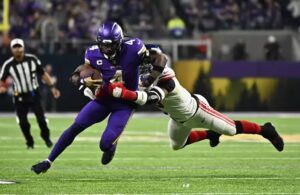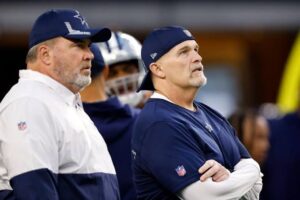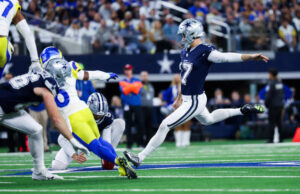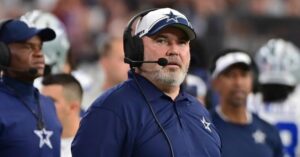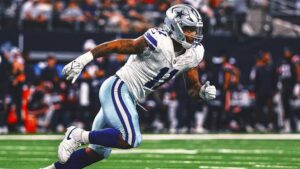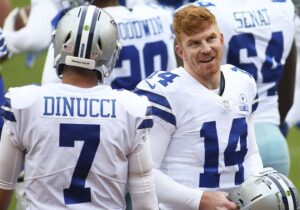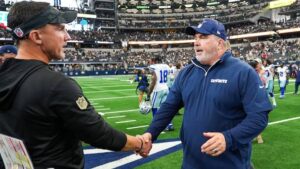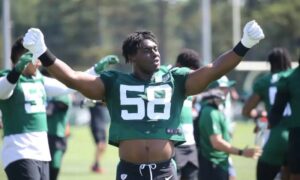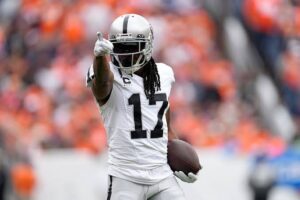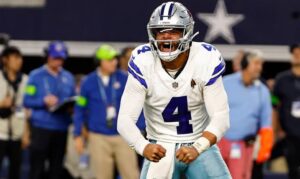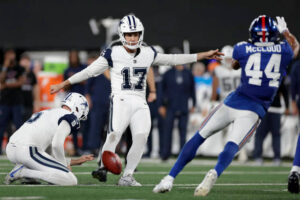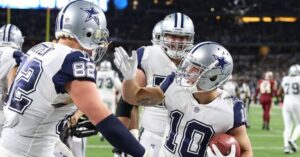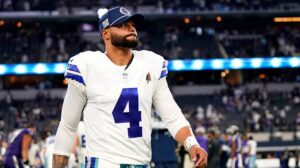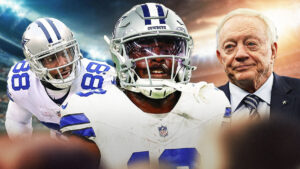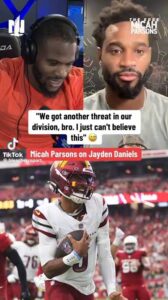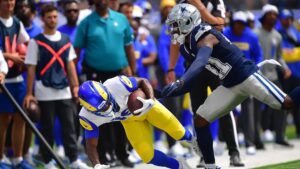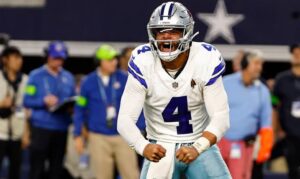The Dallas Cowboys are facing significant problems. While the defense has been the primary target of criticism due to underperformance, injuries have played a big role in their struggles.
On the other hand, the offense has been largely healthy but still hasn’t met expectations.
One of the most glaring issues is the ground game, which has been a major factor in the offense’s disappointing performance.
The Cowboys currently rank last in the league in rushing yards. Advanced statistics reveal that Rico Dowdle is ranked 18th among running backs in EPA per attempt, while Ezekiel Elliott sits at 41st.
This suggests that while Dowdle is performing at an average level, the overall talent of the running back group is lacking.
The offensive line has also been a point of concern.
Heading into Week 7, the Cowboys’ offensive line had a pass-block win rate of 57% (19th in the league) and a run-block win rate of 71% (18th), indicating they are slightly below average in both aspects.
Criticism can extend to play-calling and route-running, where there have been both positives and negatives.
The offense ranks in the worst quadrant for both passing and rushing efficiency this season, with the passing game being even less efficient than the run game.
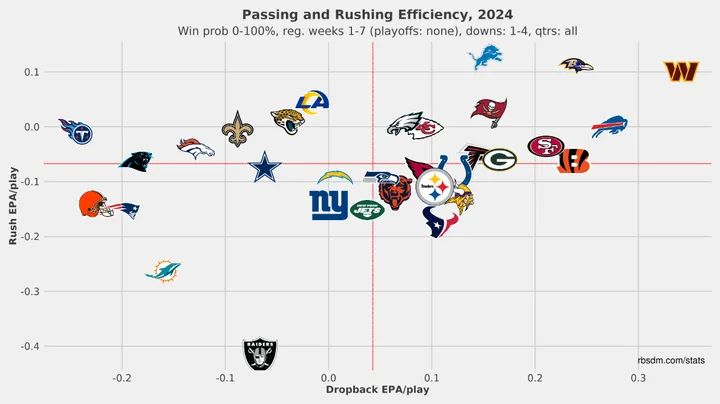
Considering the presence of Dak Prescott and CeeDee Lamb, it’s surprising that the passing game has been an issue.
The Cowboys are third in the league in passing yards, but factors like game scripts and an over-reliance on passing have inflated those numbers.
From an efficiency standpoint, the passing game has been underwhelming, and Prescott’s performance has played a significant role.
Focusing on Prescott, advanced stats show that his expected points added (EPA) has taken a significant dip this season.
Similarly, his completion percentage over expected (CPOE) has also declined, further highlighting his struggles.
Combining these metrics paints a clear picture: Prescott has been underperforming.
Historically, Prescott has hovered around being a top-10 quarterback for most of his career.
His play dipped in 2018, but that was largely due to an inadequate receiving corps, especially during the seven games without Amari Cooper.
Last season, Prescott played exceptionally well, but this year has marked a low point in his career.
To get a better understanding of Prescott’s performance compared to other quarterbacks, we have compiled a season-to-season visual that illustrates just how much this year stands out.
This data does not reflect well on the Cowboys’ franchise quarterback.
While some may be quick to argue, “They should’ve never paid him $60 million a year,” this is not intended as a critique of Prescott’s overall ability.
Last season’s data proves that he is a capable quarterback. However, it’s clear that Prescott is not playing up to his usual standards this year, and he is contributing to the offense’s struggles.
The solution is straightforward: Prescott needs to play better. This isn’t about looking for a replacement, not just because of the financial implications, but because he has shown he can perform at a higher level.
The Cowboys need to address other areas of the offense as well, so the blame doesn’t fall entirely on Prescott.
However, if he doesn’t improve, it’s unlikely that the team’s offensive woes will be resolved.
